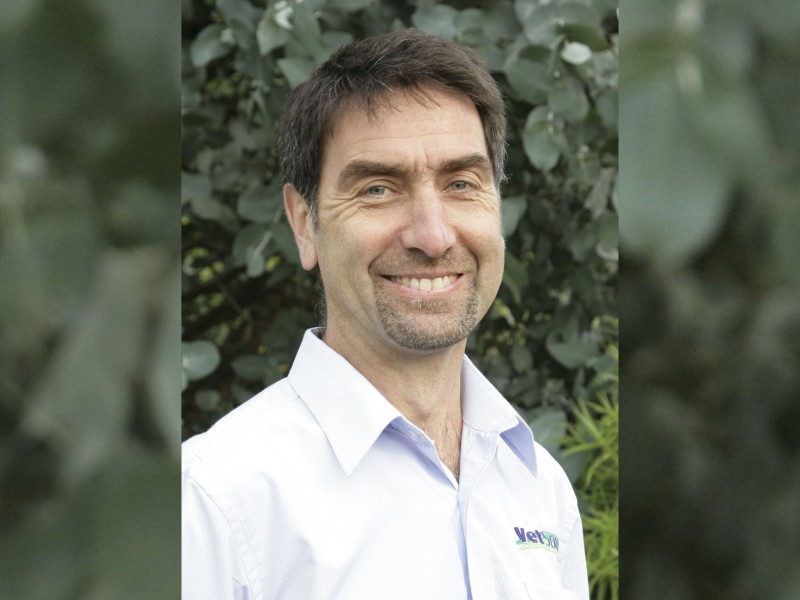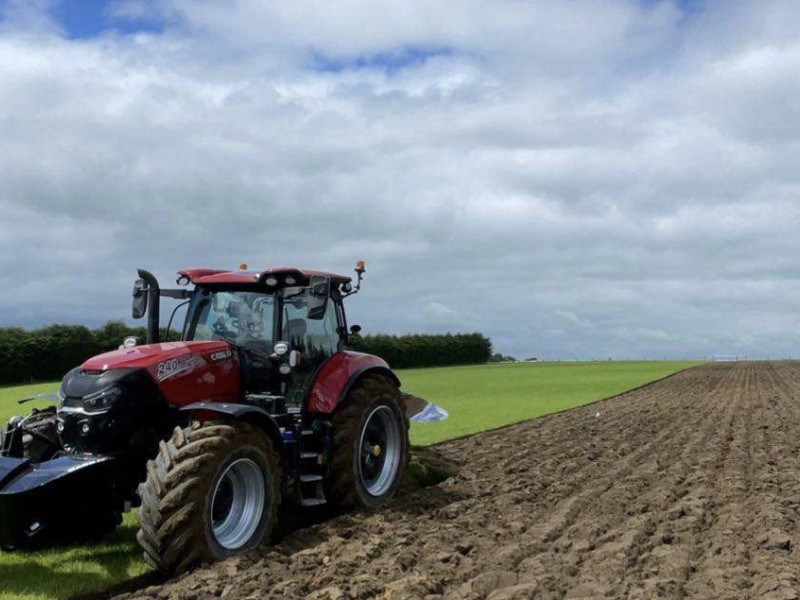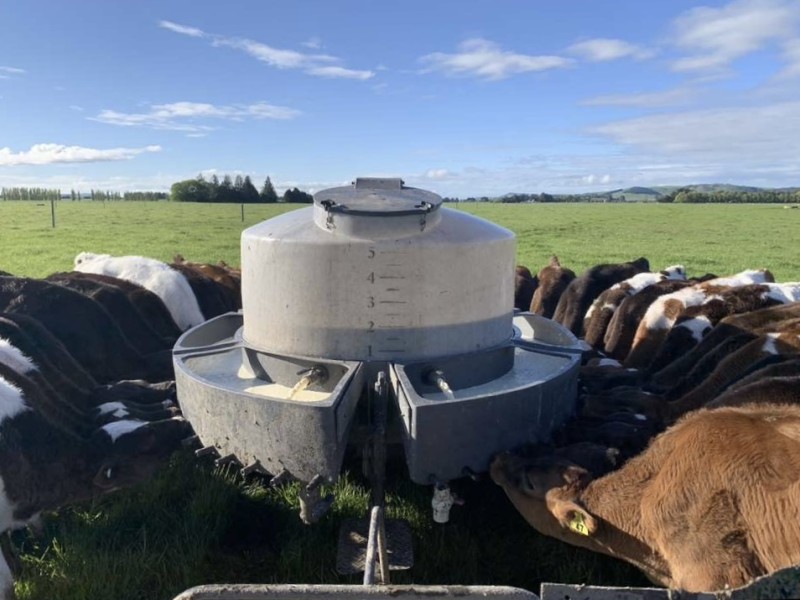Recent rural veterinarian graduate, Rach Hocking, believes there is adequate groundwork done at university, but as you get further through the degree, it becomes more eye-opening as to what is burnout and how common it really is.
“In vet school, we are exposed to activities that challenge our thinking around resilience and mental health.
"Outside of vet school, there has been a shift in our CPD (continuing professional development) to include mental health type learning as well as practical/scientific learning.”
To combat burnout VetNZ is ensuring they give vets sabbaticals, lots of time off and opportunities for extended leave.
As well as inside work support they are allocating 25% of their CPD budget to personal welfare for things such as joining a gym, taking up art, or a hobby to ensure a good work-life balance.
Most importantly they have used clinical psychologists to work with their team for 18 months to support, educate and raise awareness.
This work is all being put in place in order for the profession to remain enjoyable and sustainable for those in it.




